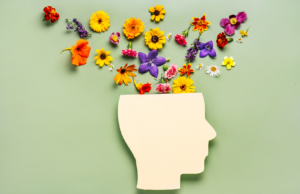
Mental Health Awareness: Potential Benefits of CBD, THC, and CBG
Mental Health Awareness Millions of Americans are living with mental health conditions, deeply impacting day-to-day living. Treatment options may vary from person to person just as mental illnesses may
